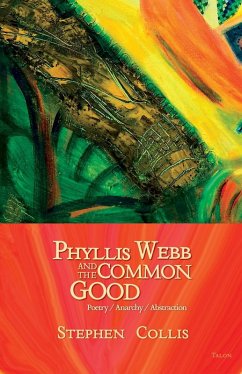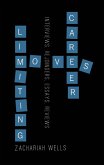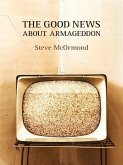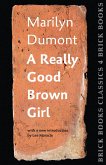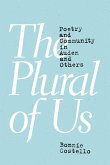Phyllis Webb is a poet around whom archetypes tend to cluster: the reclusive artist; the distraught, borderline suicidal Sapphic woman poet. While on the surface she seems someone supremely disinterested in the public sphere, argues Stephen Collis in this brilliant and revealing new celebration of her work, Webb is no domestic, as a creator or a critic. Her work sweeps into the wilds of politics, philosophy, economics and her slim books speak volumes. If there is a sense of abandoned projects hovering as ghosts on the margins of her books it is a purposeful abandonment, an anarchist's abdication of positions of power and authority.
Webb's work points steadily towards the idea that the poem is not a commodity to be hoarded, but a response-ability to be shared, an aspect of the commons and our "common good." The gradual dissolution of the lyric I traceable over the course of her writing career mirrors both the development of avant-garde poetics across the century and the anarchist inflected notion of the poem as a common property -an effect of language (the commons) and not the self (the private).
In this sense Collis reads Webb's poetry as it conjoins (and simultaneously diverges from) various twentieth-century literary movements and moments-it is this tension in her work which makes Webb a modernist whose writing nevertheless provides an opening into postmodernism. Her work constructs bridges across numerous conceptual divides: the (porous) boundaries between poetry and painting, poetry and politics, modernism and postmodernism, the lyric and the long poem, the ontologies of the self and the other.
The changes across decades of Webb's writing, Collis argues, mirror changes in the approaches of the twentieth-century avant-garde to questions of responsibility and abstraction, locating her work in the Image-Nation of radical, philosophically engaged poetries that have flourished throughout twentieth-century North America.
Webb's work points steadily towards the idea that the poem is not a commodity to be hoarded, but a response-ability to be shared, an aspect of the commons and our "common good." The gradual dissolution of the lyric I traceable over the course of her writing career mirrors both the development of avant-garde poetics across the century and the anarchist inflected notion of the poem as a common property -an effect of language (the commons) and not the self (the private).
In this sense Collis reads Webb's poetry as it conjoins (and simultaneously diverges from) various twentieth-century literary movements and moments-it is this tension in her work which makes Webb a modernist whose writing nevertheless provides an opening into postmodernism. Her work constructs bridges across numerous conceptual divides: the (porous) boundaries between poetry and painting, poetry and politics, modernism and postmodernism, the lyric and the long poem, the ontologies of the self and the other.
The changes across decades of Webb's writing, Collis argues, mirror changes in the approaches of the twentieth-century avant-garde to questions of responsibility and abstraction, locating her work in the Image-Nation of radical, philosophically engaged poetries that have flourished throughout twentieth-century North America.
Dieser Download kann aus rechtlichen Gründen nur mit Rechnungsadresse in A, D ausgeliefert werden.

